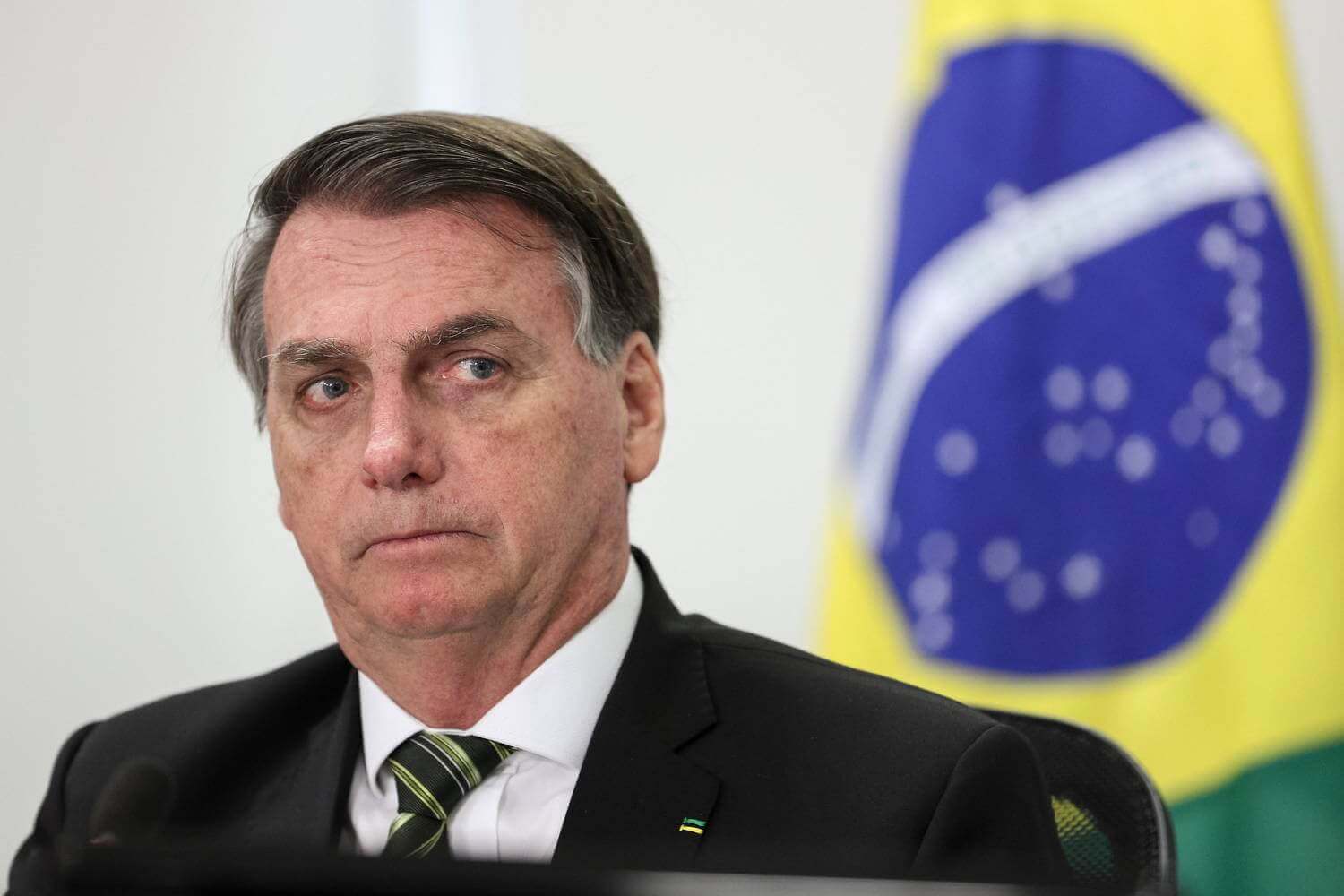Brazil is now emerging as a new epicenter for the coronavirus after the number of total cases in the country surpassed 178,000, with over 12,000 deaths. In fact, the case number has been doubling virtually every five days, with Brazil having the highest transmission rate of any major country. Much of the blame has been placed at the feet of President Jair Bolsonaro, who critics say has failed to acknowledge the severity of the situation.
On Monday, Bolsonaro declared gyms and hair salons as essential services, and also expanded the list to include lotteries, churches, and industrial production and civil construction. He stated that he plans to ease restrictions even further in the very near future.
Bolsonaro has previously called the coronavirus a “little flu”, said that media and politicians are blowing the issue out of proportion, and that strict quarantine and lockdown measures threaten the safety of Brazil’s economy and democracy. His flippant disregard for both the virus and Brazilian citizens was most apparent when he said “So what?” after a reporter presented him with statistics about the soaring number of coronavirus deaths.
Aside from his prioritization of economic concerns over medical needs, he has also openly flouted medical advice. For example, in March, he refused his medical team’s advice to self-isolate after several members of his delegation to Florida, who met with Trump, tested positive for the coronavirus. Rather, he was seen at a rally, “shaking hands, bumping fists, and slapping […] backs”. He has also led two anti-lockdown protests outside the Presidential palace in the past few weeks.
Hence, Brazil’s governors and mayors have had to take matters into their own hands and implement states of emergency and lockdowns by themselves. However, in return, Bolsonaro has called them “job killers” and ‘criminals’.
He also repeatedly disagreed with the now-former Health Minister Luiz Henrique Mandetta over the need for social distancing and said that only at-risk individuals, such as the elderly and those with pre-existing health problems, should be quarantined, while the rest should be “put to work”. These disagreements led to Bolsonaro sacking Mandetta, saying, “Mandetta’s vision was that of health, of life. Mine is more than life, it includes the economy and jobs.”
Bolsonaro’s lackluster response to the crisis has drawn both anger and fear from neighboring countries. Paraguay, for instance, shares a 400km border with Brazil. Paraguayan President Mario Abdo Benitez said that more than half of the country’s 563 cases were people who had entered from Brazil. Although Benitez has “reinforced and militarized” the “most vulnerable” parts of the border, Benitez said that Brazil continues to be a “great threat” to Paraguay.
Argentinian President Alberto Fernandez said that trade with Brazil is a risk that may need to be reconsidered as truckers are moving goods to Argentina from Sao Paulo. It is telling that even Venezuelan President Nicolás Maduro, the leader of one of the most crisis-torn countries, called Bolsonaro’s response to the pandemic “irresponsible”.
Brazil now has the 7th highest number of COVID-19 cases in the world, and is soon to surpass France. It also has the 6th highest number of deaths from the virus. With medical experts in the country claiming that a lack of testing obscures numbers that could be 12 to 15 times higher, Brazil is moving further and further away from Bolsonaro’s goal of reopening the economy in full. If he follows though on his many threats and promises to reopen the economy regardless of the situation, the numbers are sure to rise exponentially. Given that Brazil shares long and porous borders with ten countries, it may be difficult to shield neighboring countries from Bolsonaro’s mismanagement.
Brazil Emerges as New Epicenter for COVID-19
This is despite the number of COVID-19 cases surpassing 178,000, with 12,000 deaths.
May 13, 2020

IMAGE SOURCE: MARCOS CORREA / ZUMA PRESSBrazilian President Jair Bolsonaro
